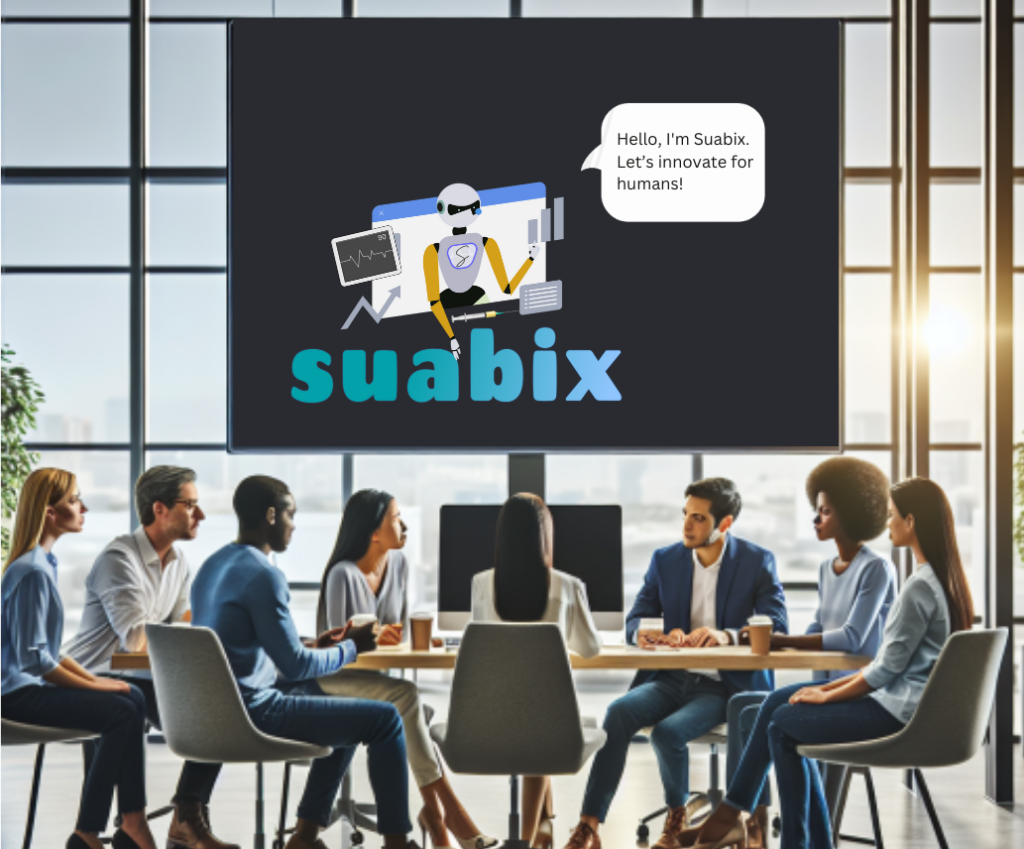𝐏𝐥𝐚𝐠𝐢𝐚𝐫𝐢𝐬𝐦💼 is the act of taking someone else’s work or ideas and passing them off as one’s own, which is considered unethical and, in many cases, illegal⚖️. This is especially disturbing (and 𝐝𝐢𝐬𝐚𝐩𝐩𝐨𝐢𝐧𝐭𝐢𝐧𝐠) when it’s done by people in leadership positions – in industry🏭, academia🎓, or regulatory environments🏛️ – who should be setting a good example of ethical behavior🧭.
When utilizing the work or ideas of others, people should adhere to the following practices📝:
📚𝐀𝐜𝐤𝐧𝐨𝐰𝐥𝐞𝐝𝐠𝐞 𝐎𝐫𝐢𝐠𝐢𝐧𝐚𝐥 𝐀𝐮𝐭𝐡𝐨𝐫𝐬: Anytime you draw upon or modify someone else’s ideas or work, it’s essential to recognize their original contribution. This acknowledgement can be accomplished by appropriately citing them in your work. This principle holds true for all types of intellectual property – whether it’s formally published research, reports, data, methodologies, or even insights shared through informal communications.
📝𝐀𝐬𝐤 𝐟𝐨𝐫 𝐏𝐞𝐫𝐦𝐢𝐬𝐬𝐢𝐨𝐧: If the work is protected by copyright🔒 and you wish to reproduce it or use it extensively, you might need to obtain permission from the copyright holder.
🏆𝐄𝐧𝐜𝐨𝐮𝐫𝐚𝐠𝐞 𝐄𝐭𝐡𝐢𝐜𝐚𝐥 𝐏𝐫𝐚𝐜𝐭𝐢𝐜𝐞𝐬: Leaders in industry, academia, or regulatory environments should promote a culture of integrity and ethical behavior. This includes creating awareness about plagiarism and providing clear guidelines on acceptable use of others’ work.
💡𝐏𝐫𝐨𝐦𝐨𝐭𝐞 𝐎𝐫𝐢𝐠𝐢𝐧𝐚𝐥 𝐖𝐨𝐫𝐤: Encourage and reward original thinking and innovation within your organization or field. This can help to reduce the temptation to plagiarize and instead foster a culture of creativity and respect for intellectual property.
